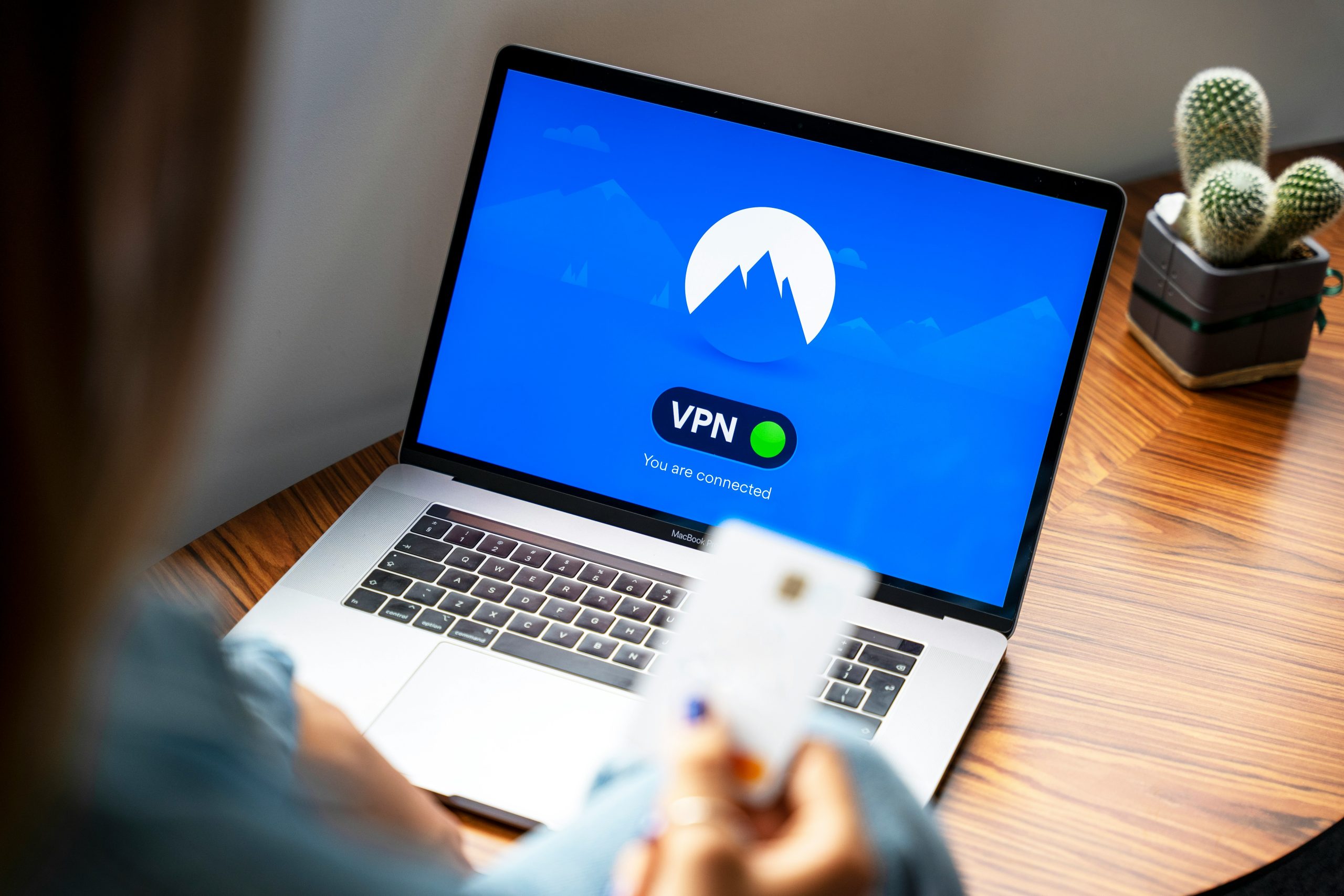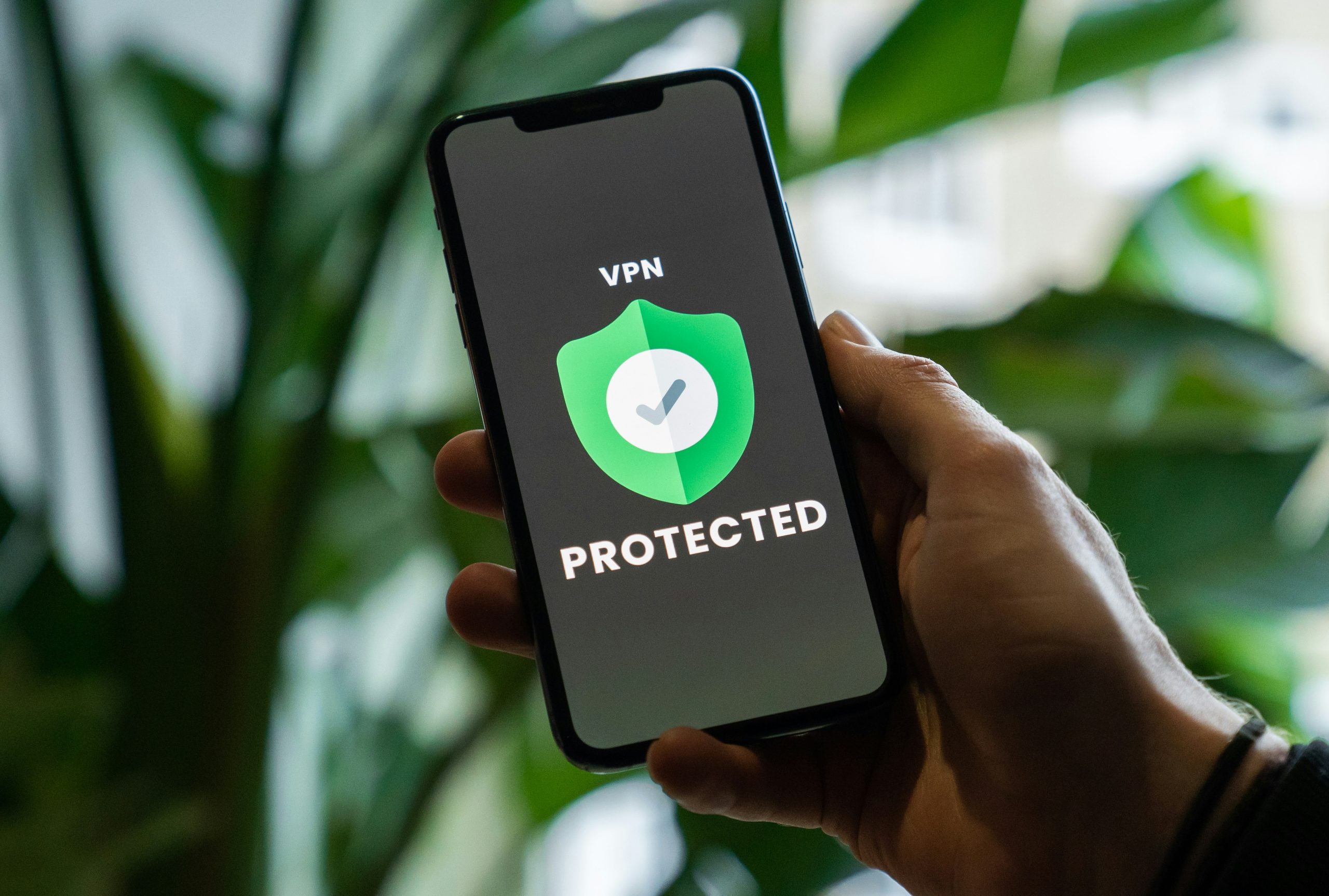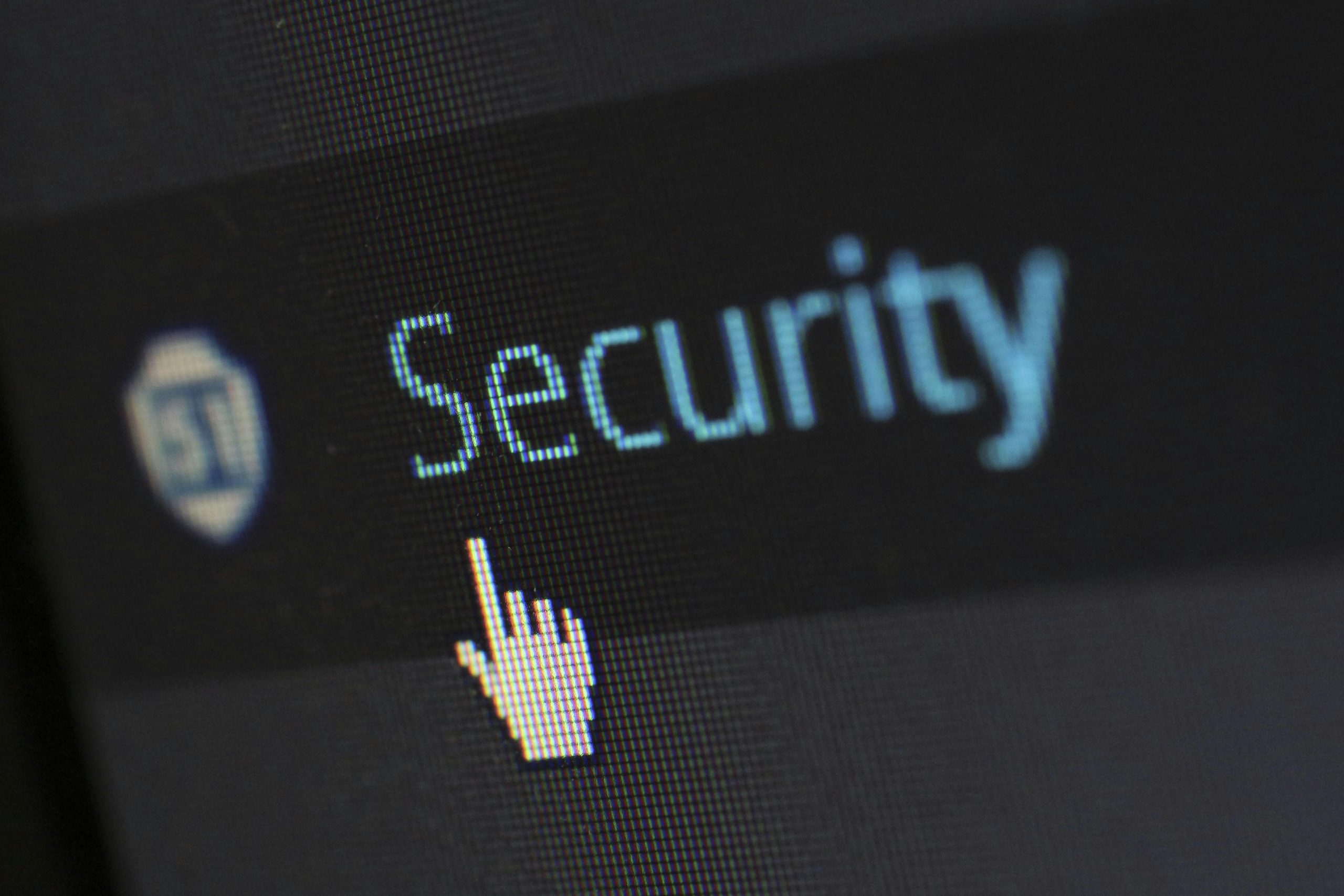In a world where online privacy and security are growing concerns, setting up a Virtual Private Network (VPN) has become an essential tool for safeguarding your data and maintaining anonymity while browsing the internet. Whether you’re looking to access geo-restricted content, prevent data tracking by ISPs, or simply enhance your online security, setting up a VPN is easier than you might think. But with the myriad of options available and technical jargon involved, navigating the process can seem daunting to beginners. Fear not, as this article will guide you through the step-by-step process of setting up a VPN in a way that’s easy to understand even for tech novices.
Choosing a VPN provider: Research options and features
When it comes to selecting a VPN provider, the sheer number of options available can be overwhelming. To make an informed decision, it’s crucial to research each provider’s features carefully. Look for factors like server locations, encryption protocols, and logging policies to ensure your privacy and security are maintained.
Moreover, consider additional features such as ad-blocking, kill switch functionality, and compatibility with various devices. These can enhance your overall VPN experience and provide added value. By delving into the specifics of each provider’s offerings, you can confidently choose one that aligns with your needs and preferences for seamless browsing.

Setting up the VPN: Installation and configuration steps
Setting up a VPN involves a series of steps that ensure your connection is secure and private. The first step is to choose a reliable VPN provider and download the software from their website. After installation, configuring the VPN settings on your device is crucial for optimal performance. This includes selecting the server location you want to connect to and enabling features like kill switch or split tunneling.
Moreover, it’s essential to test your VPN connection after setup to ensure everything is working correctly. Remember to regularly update the VPN software to benefit from improved security measures and bug fixes. Understanding how a VPN works can help in troubleshooting any potential issues that may arise during setup or use. By following these installation and configuration steps diligently, you can enjoy enhanced privacy and security while browsing the internet through a VPN connection.

Connecting to the VPN: Accessing secure networks
Imagine having the ability to seamlessly access secure networks from anywhere in the world. This is where a Virtual Private Network (VPN) becomes your ultimate companion, offering you a secure passage through the digital realm. By connecting to a VPN, you not only shield your online activities from prying eyes but also gain unrestricted access to geographically restricted content. The process of accessing secure networks through a VPN involves encrypting your data and routing it through remote servers, establishing a private and encrypted connection that ensures your privacy and security remain intact.
Connecting to a VPN can be as simple as selecting your desired server location and clicking connect. Once connected, your internet traffic is encrypted and rerouted through the VPN server, making it virtually impossible for hackers or other third parties to intercept your data. Furthermore, with the option to choose from various server locations around the globe, you can easily bypass censorship or access region-locked content with just a few clicks. Overall, by understanding how to connect to a VPN effectively, you have the power to navigate cyberspace securely while enjoying enhanced privacy and unrestricted access to online content.
Testing the connection: Ensuring proper functionality
Testing the connection is a crucial step in setting up a VPN as it ensures proper functionality. One effective way to test the connection is by conducting speed tests before and after connecting to the VPN. This helps determine if there is any noticeable decrease in internet speed, which can impact user experience.
Another aspect of testing the connection involves checking for DNS leaks. DNS leaks can compromise the privacy and security provided by a VPN, so running a simple online test can help identify any potential leaks and troubleshoot them promptly. Additionally, ensuring that all devices connected to the VPN are functioning properly and accessing content without any restrictions is essential for a seamless experience. By rigorously testing the connection, users can guarantee that their VPN is working effectively and providing the desired level of security and privacy.

Additional security measures: Enhancing privacy and protection
In addition to setting up a VPN for enhanced privacy and security, implementing additional security measures can further fortify your online protection. Utilizing two-factor authentication (2FA) adds an extra layer of defense by requiring not only a password but also a secondary verification method such as a code sent to your phone. Regularly updating your devices and software is crucial in closing any potential vulnerabilities that hackers may exploit.
Furthermore, practicing safe browsing habits like avoiding clicking on suspicious links or downloads can prevent malware attacks. Encrypting your data through secure messaging apps or email services will ensure that your information remains confidential during transmission. By combining these supplementary security steps with a robust VPN setup, you create a comprehensive shield against cyber threats and safeguard your digital presence effectively.
Conclusion: Importance of using a VPN
In conclusion, the importance of using a VPN cannot be overstated in today’s digital age. Beyond simply safeguarding your online privacy, VPNs offer a layer of security that is essential in protecting your sensitive data from cyber threats. By encrypting your internet connection, VPNs provide a secure tunnel through which your information travels, shielding it from potential hackers and eavesdroppers.
Moreover, the benefits of using a VPN extend beyond just security. With a VPN, you can bypass geo-restrictions and access content that may be unavailable in your region. This opens up a whole new world of possibilities when it comes to streaming services, online gaming, and more. Additionally, by masking your IP address with that of the VPN server’s location, you can enhance your anonymity online and protect yourself from targeted advertisements and tracking cookies.
In essence, setting up and utilizing a VPN is not only about protecting yourself but also about empowering yourself to navigate the vast landscape of the internet with freedom and peace of mind. So take the step towards securing your online presence today by embracing the power of a reliable VPN service.
Used to write about games and gaming in general, but has since switched to testing and writing about web development software. Still plays a lot of games, just for the fun of it.
